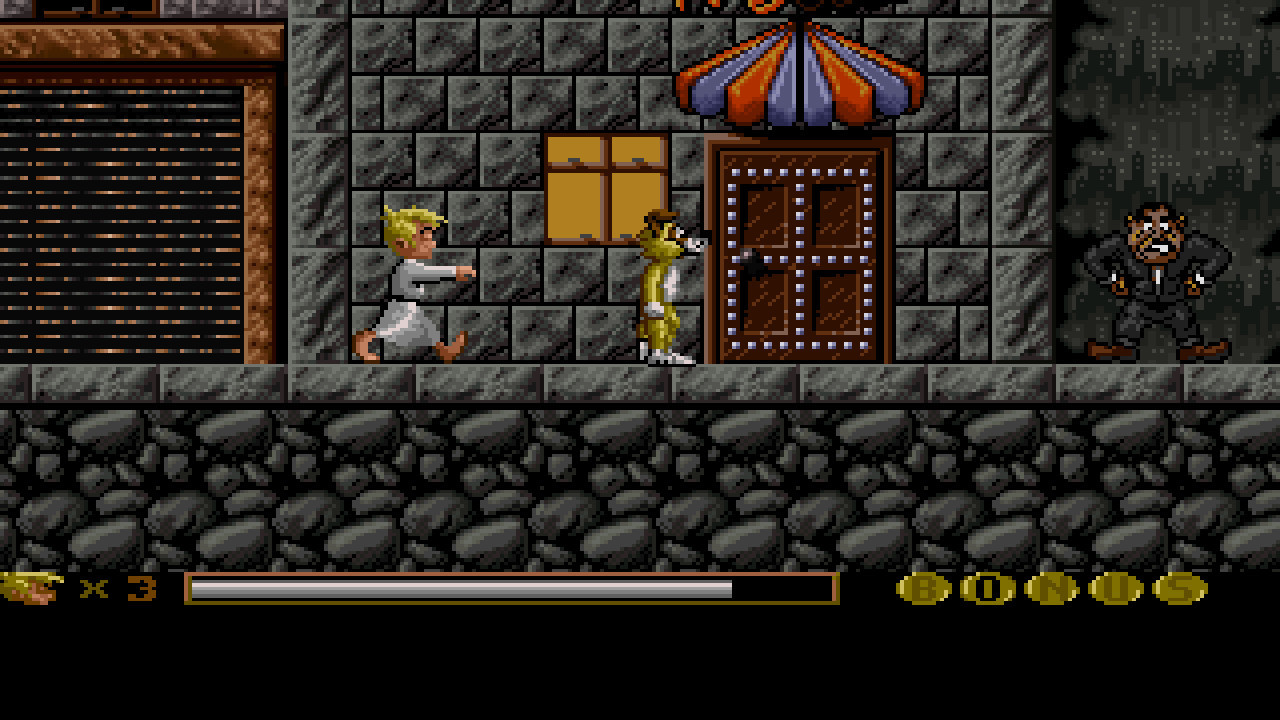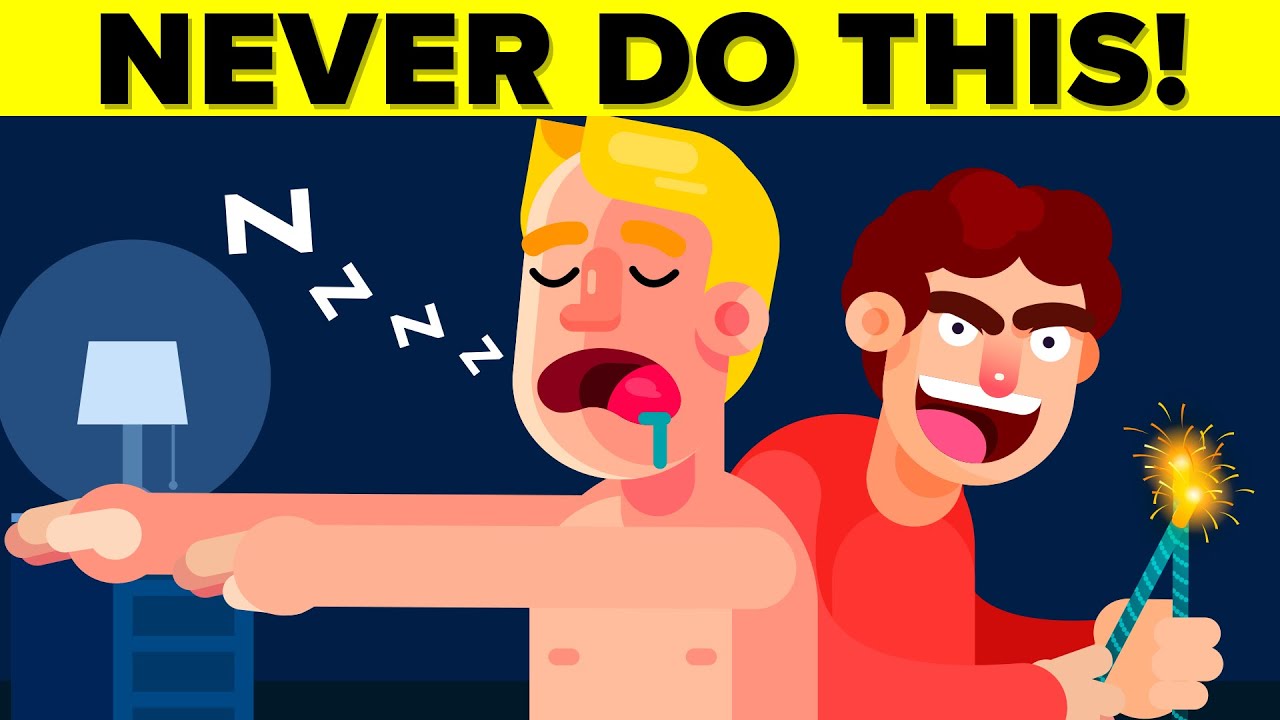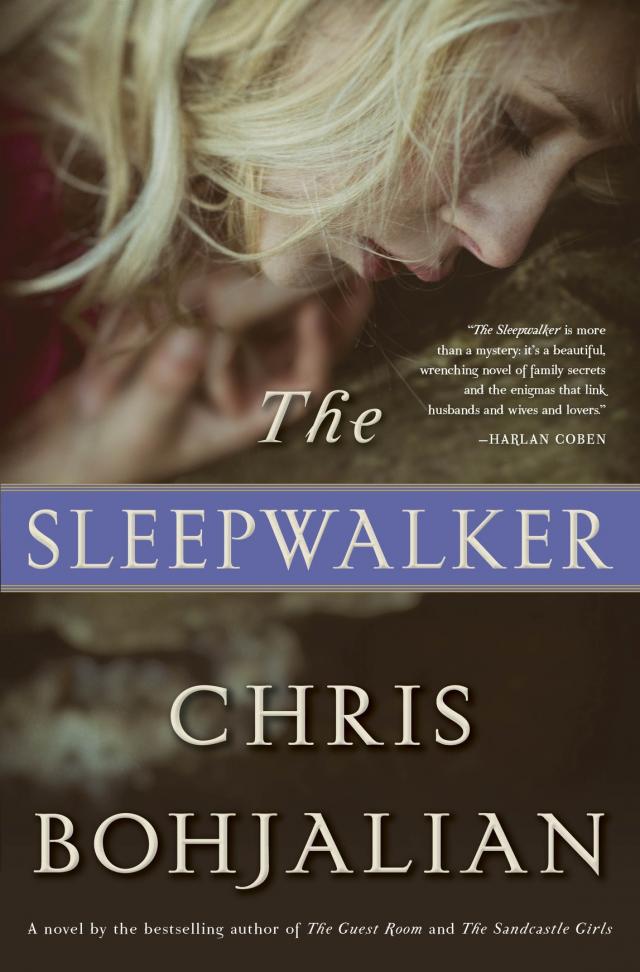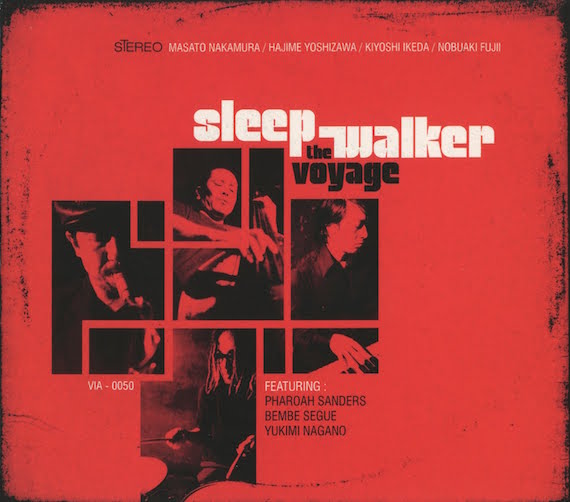Formidable Info About How To Deal With A Sleepwalker

Approximately 29% of children experience sleepwalking.
How to deal with a sleepwalker. The touch, soft and reassuring, offers a lifeline that bridges the realms of dreams and wakefulness. It usually happens during a period of deep sleep. Avoid taking unnecessary sleep aid medications.
He or she will also ask you details of your family history as well as any recent major events that may have affected your sleep pattern. It's not necessary to wake up the person. This peaks during the early part of the night, so sleepwalking tends to happen in the first few hours after falling asleep.
Finding healthy ways to cope with stress, such as practicing yoga, meditation, or deep breathing exercises, can help reduce the likelihood of sleepwalking. Stick to a normal sleep schedule. Make others who sleep in the same home or room aware of your.
Try to stop them without waking them if at all possible, try not to wake the sleepwalker. Gently lead the person sleepwalking to bed. If you (or your partner or child) sleepwalk, here are some steps to take:
Maintain a regular sleep schedule: Avoid alcohol or caffeine before bed. Try to gently turn the person back around and send them back to bed without waking them up.
Ensure that the sleepwalker gets enough sleep each night and follows a consistent bedtime routine. We reveal the symptoms, triggers and treatment for somnambulism. If your sleepwalking continues, medications like benzodiazepines or certain antidepressants may help reduce sleepwalking episodes.
As the curtains of night draw open, the dance of sleepwalking unfolds, and our role as guardians takes center stage. But if it happens regularly, makes you tired during the day, starts when you’re an adult, or you’re concerned you, your partner or child may be at risk of injury from sleepwalking, then see a doctor. Avoid sleep deprivation and excessive stress, as these can trigger episodes of sleepwalking.
Follow a regular sleeping schedule. Avoid changing sleep medications or. Sedating antihistamines (such as chlorphenamine) can also interfere with someone's sleeping pattern.
Some great sources of tryptophan are turkey, nuts, quinoa, seeds, cheese, tofu, chicken, oats, fish, beans, eggs and lentils. Find ways to unwind from the day. Work on turning out the lights at the same time each night.
Most people are aware of the fact that sleepwalking can make a person vulnerable to injuries, but there are also strong connections between sleepwalking and mental health. Try using the power of smell certain scents, such as lavender or chamomile, are known for their relaxing properties and can help promote quality sleep. Mike turner, chairman of the house intelligence committee, warns that the us is “sleepwalking into an international crisis” by ignoring russia’s intent to put nuclear weapons in space and.


















